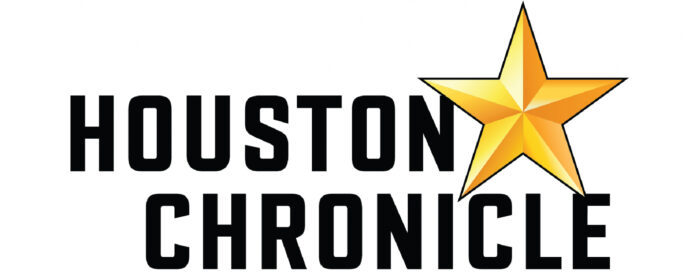Not to cast aspersions on the academic accomplishments of state Rep. Matt Krause (San Diego Christian College, 2003) or Gov. Greg Abbott (UT-Austin, 1981), but their book-banning inclinations of late would suggest that they either ditched a class, dozed off during a lecture or simply have chosen to ignore a vital lesson from history.
Surely, the two Republicans were exposed in college to the uncomfortable fact that in a free society anyone suggesting the need to winnow out books they find disagreeable is venturing into dangerous territory. Surely, they realize that crusades to ban or censor books, particularly on ideological grounds, inevitably go too far, sometimes over yonder to, say, fascism or communism.
Krause, a history and social studies major with a law degree from Liberty University, got this latest effort started recently when he announced he was conducting an investigation into the types of books Texas school districts make available to their students. The Fort Worth lawmaker is chair of the House General Investigating Committee and one of the founders of the hyper-conservative Texas Freedom Caucus. He explained in a letter to Texas school districts that he was particularly interested in books that address issues of race or sexuality or “make students feel guilt, anguish, or any other form of psychological distress because of their race or sex. . . .” (That’s language he borrowed from recent House legislation.)
Included with Krause’s letter was a 16-page list of about 850 book titles. He directed the school districts, by November 12, to tell him whether they have any of the books on his list, how many copies, and how much they spent acquiring them. He wouldn’t say where he came up with his list or what he would do if any of the offending titles showed up on school-library bookshelves or on class reading lists.
Among the better known titles on Krause’s blacklist of sorts are William Styron’s Pulitzer Prize-winning novel “The Confessions of Nat Turner,” the acclaimed “Between the World and Me,” by Ta-Nehisi Coates and “Caste: The Origins of Our Discontents,” by the esteemed writer Isabel Wilkerson. All three books are likely to make readers feel distressed — and also enlightened, as good books tend to do.
Did we mention that Krause is running for attorney general? Running in the Republican primary against two better-known candidates — Land Commissioner George P. Bush and former state Supreme Court Justice Eva Guzman — this self-described “faithful conservative fighter for Texas” desperately needed an issue. And now he has one.
Candidate Abbott, never one to pass up a potent culture-war issue of his own, chimed in. The governor, running for a third term and possibly beyond, reminds us of a Galleria visitor who simply cannot resist the in-your-face importuning of kiosk clerks hawking cell phones, cosmetics or the latest energy booster.
Now that he’s worked to make guns available even to the folks who can’t shoot straight, make it more difficult for his fellow Texans to vote, censor discussions of race in classrooms, ban transgender youth from sports, throw sand in the gears of desperately needed plans to contain a deadly pandemic and push through the most restrictive anti-abortion law in the nation, Abbott has to have yet another campaign cudgel. Banning books will do just fine.
In addition to being nakedly obvious about his motives, Abbott was embarrassingly inept. He asked the Texas Association of School Boards (TASB) recently to determine the extent to which “pornography or other inappropriate content” exists in public schools across the state and to remove it if they found it.
“A growing number of parents of Texas students are becoming increasingly alarmed about some of the books and other content found in public school libraries that are extremely inappropriate,” Abbott wrote to Dan Troxell, TASB’s executive director, without giving examples.
Abbott said the group had an “obligation” to act — which the TASB found confusing since, as it noted, it “has no regulatory authority over school districts and does not set the standards for instructional materials.”
Houston Chronicle



